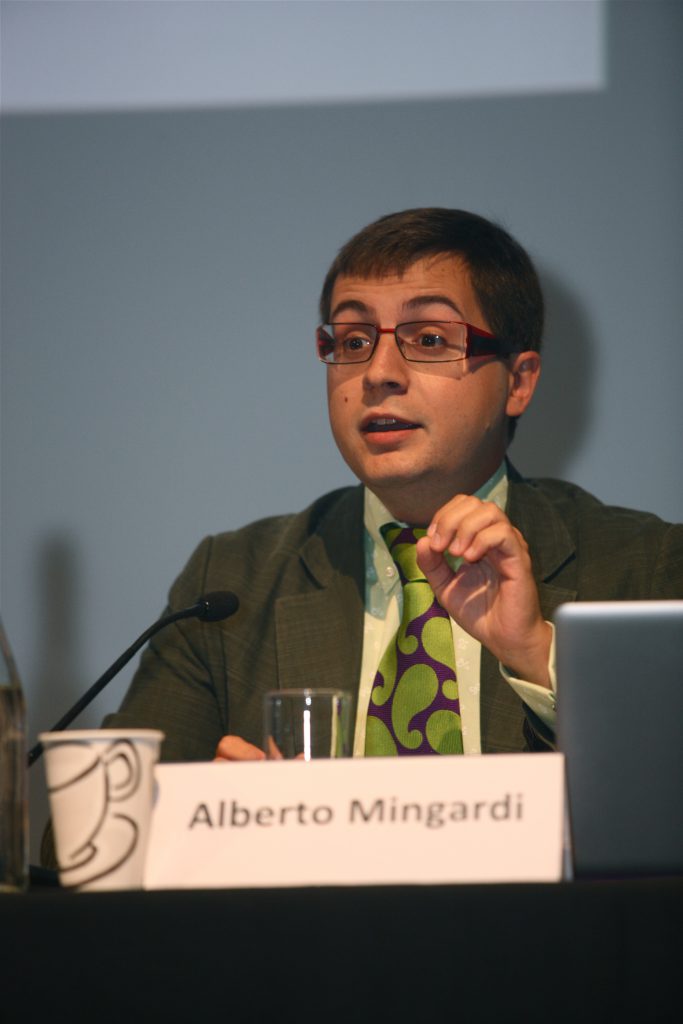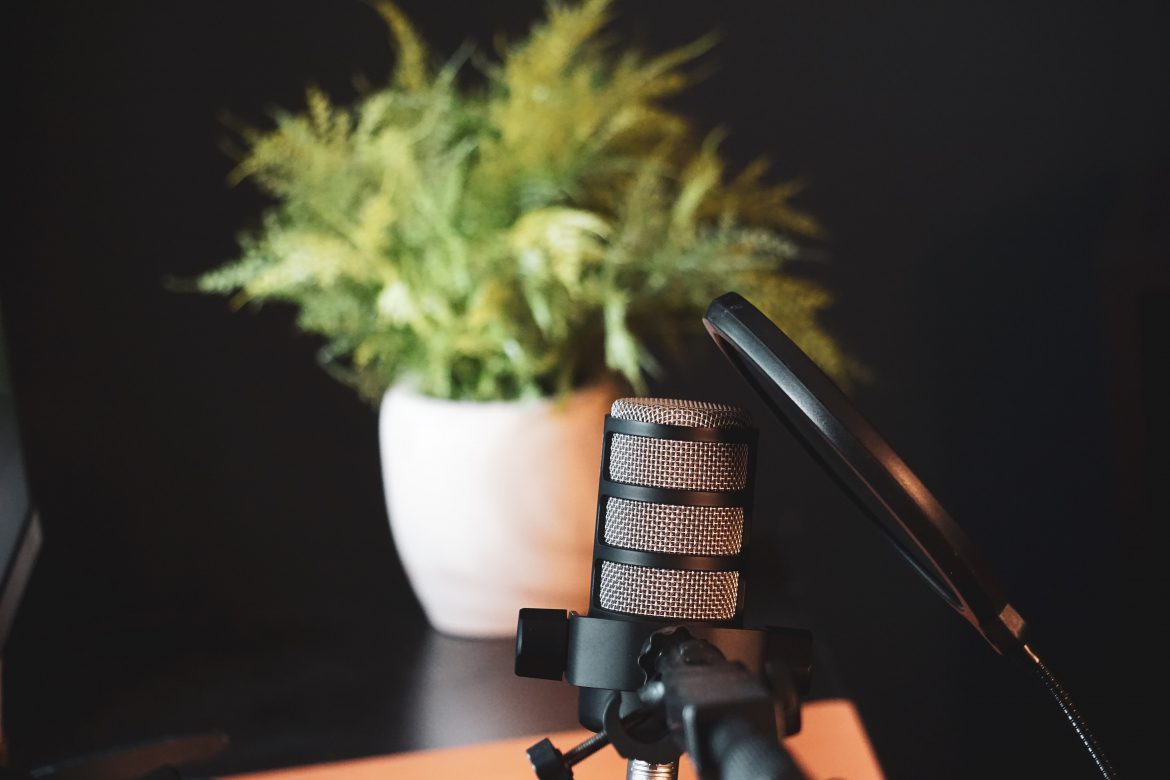Alberto Mingardi is co-founder and general director of the Bruno Leoni Institut in Italy.
The following interview was originally published in the German by our friends at Der Freydenker as part of their Liberty Interviews series.

When did you recognise the value of freedom for the first time in your life?
I read Milton Friedman’s Free to Choose when I was around 12/13, though at the time of course I hardly understood everything in it. I was raised in the region of Brianza, north of Milan, surrounded by fledging entrepreneurs and very hard working people. I grew up in the 1980s and 1990s: a period in which an enterprising little bourgeoisie still thought of rolling its sleeves up as a way towards enrichment, and in which people viewed globalization and trade with enthusiasm. I think it was seeing these people (and their attitude towards thrift and work) around me that made it clear to me the link between freedom and economic betterment.
Which book influenced you the most?
It’s hard to pick one. The book which made me a libertarian was David Friedman’s The Machinery of Freedom. Whatever understanding I have on how markets work, I borrowed from the Austrian school, Mises and Hayek. People I knew and I was friends with, like Anthony de Jasay and Kenneth Minogue, helped me in using it through politics.
Which thinker made the biggest impact on you?
I would name an Italian economist, sadly not very well known outside Italy: Sergio Ricossa.
What is freedom, and what are its limits?
Freedom is the absence of government’s coercion in the lives of individuals. More so than about the limits of freedom, we should be concerned with the limits of government activity: the limits of those that can encroach on freedom.
What is your take on the development of freedom in the last decades? What is currently liberty’s biggest threat?
It is hard to write history on the spot. Globalization magnified freedom and allowed millions of people to be a more self-assured master of their own life, thanks to the opportunities provided by the economy and their “enfranchisement”, so to say, as part of global trade. But freedom of speech is declining sharply in the West and so, in Europe and the US, is economic freedom, with central bank magic and wilder economic interventions than ever. My biggest concern with liberty, now, is the impressive decline of freedom of speech. If you told me ten years ago that this would have been a concern in 2022 I would have laughed at you. And yet: political correctness prepared the ground for the current situation, in which people who have different views (on very different subjects: from gender and sexual identity to climate change to the war between Russia and Ukraine) are simply excluded, in a conscious effort not to let them speak, rather than to challenge their opinion or persuade them.
The other big threat to liberty is nationalism. Thinking that national independence is “freedom” is a shortcut to war and misery.
Do we really need freedom in the next few years?
I am afraid most people would answer no. Some people tend to believe that technology will free us from the burden of the freedom to choose. Others believe (and this is a phenomenon all the more evident in the West) that you should be free to speak your mind, only if your views adhere with whatever the dominant consensus. The only bright side is that globalization is regularly considered dead, and yet it survives. People tend to believe that it is in the power of the government to switch it on or off. Certainly governments can do a lot against markets but the latter are based upon individuals’ agreements and deeds, not on politicians’ words.
If you could put a big sign on Times Square, what would it read? Why?
“It is not as simple as you think”. Or “There are no solutions, only trade-offs”.
What’s your advice for a young graduate, just about to enter professional life? And what advice would they be better off ignoring?
Try to do what you like, but know that there will be many setbacks and that no life plan runs smoothly. Listen to your parents: they are likely to know you better than you do.
